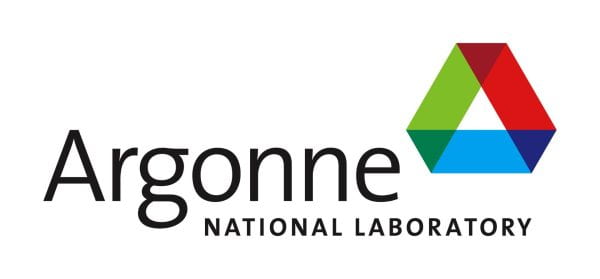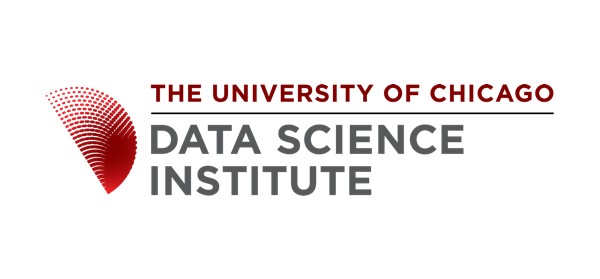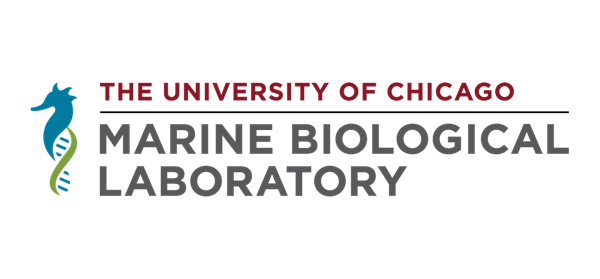Program Overview
The Eric and Wendy Schmidt AI in Science Fellowship, a program of Schmidt Sciences, at the University of Chicago trains scholars who seek to advance and accelerate the adoption of artificial intelligence (AI) in the natural sciences. The rise of AI in science and engineering presents both a remarkable opportunity and a profound challenge to human-centered modes of inquiry, including not only data analysis, but also the design of experiments, the formulation of new hypotheses, and the revelation of natural laws. Given the cross-disciplinary nature of AI research in science, Fellows will be offered freedom and independence in pursuing their disciplinary research integrating AI methods, including the flexibility to change or expand their research focus and to work with multiple research groups while at the University.
This unique program is part of an engaged, cross-disciplinary AI and science community that includes departments across the UChicago campus as well as Argonne National Laboratory, Fermi National Accelerator Laboratory, and the Marine Biological Laboratory.
Fellows will have the opportunity to pursue original research on significant questions in AI and science. They will form a cohort of top scholars across the natural sciences engaging in joint training and research activities. Fellows will receive the training in AI methods necessary for conducting their research. Drawing on the University’s top-ranked programs, world-renowned faculty, and vibrant data science ecosystem, this program will allow postdoctoral fellows to engage in field-defining research. Fellows will receive a competitive salary and benefits, generous research funding and travel allowances, and the opportunity to collaborate with partners worldwide.
Read more about the fellowship at UChicago News.
Background
AI and machine learning (ML) will fundamentally change the nature and pace of scientific discovery. Widespread adoption of AI in the sciences has the potential to integrate scientific inquiry with modes of hypothesis generation, data analysis, simulation, and testing that exceed our collective human abilities and that will transform our capacity to address scientific and societal problems that currently appear intractable. However, applying AI to science without deep introspection could amplify errors, magnify biases, and lead to dangerously misleading conclusions. Success requires a radical rethinking of how best to pose and answer research questions.
The University of Chicago is ideally suited to accelerate this transformation because of its expertise in training scholars in a mode of inquiry that is intensely rigorous, theory-driven, systematic, interdisciplinary, and intrinsically open to critique. Our approach has always been to question fundamental assumptions, frame problems at as deep a level as possible, and develop novel theoretical and methodological foundations that push the boundaries of new disciplines. The rise of AI in science and engineering presents both a remarkable opportunity and a profound challenge to human-centered modes of inquiry. Beyond training scientists to effectively use existing AI tools, the University’s vision of accelerating AI and STEM research includes an interdisciplinary and systematic reimagination of the role of AI in the scientific discovery process. The Eric and Wendy Schmidt AI in Science Fellowship, a program of Schmidt Sciences, will synergize with and benefit from the major investments in AI research, education, and outreach that UChicago is making through its Data Science Institute (DSI).
Partners
Contact Us
Questions about the application can be sent to SchmidtAIScience@uchicago.edu.




